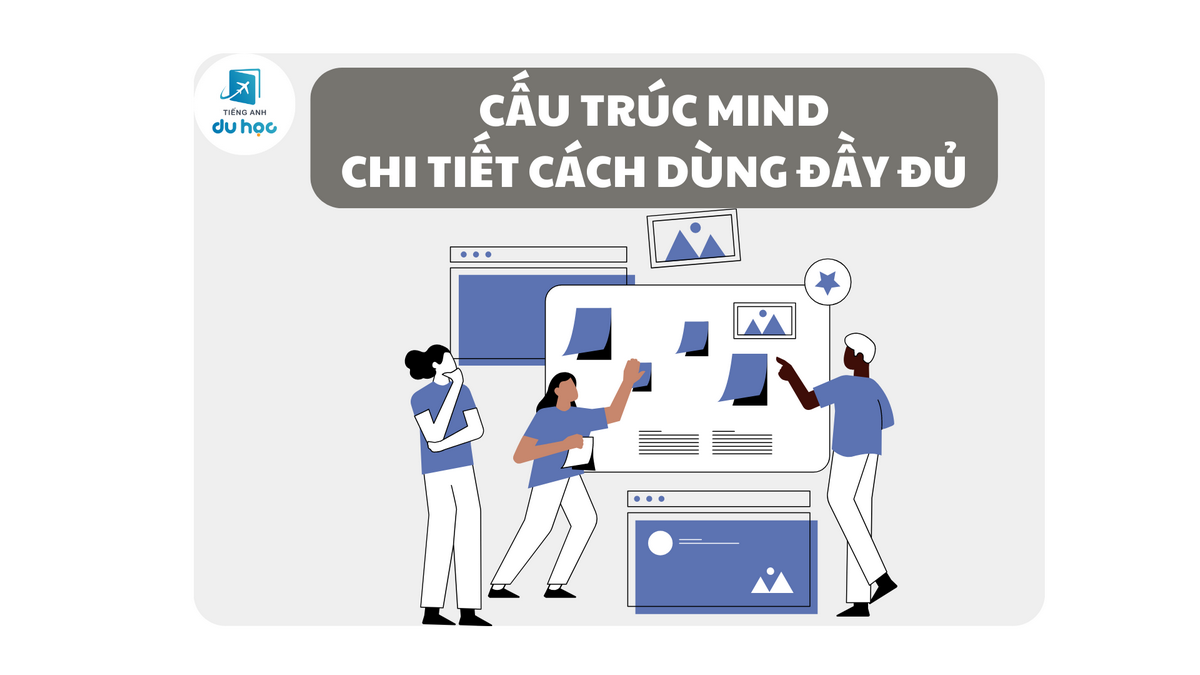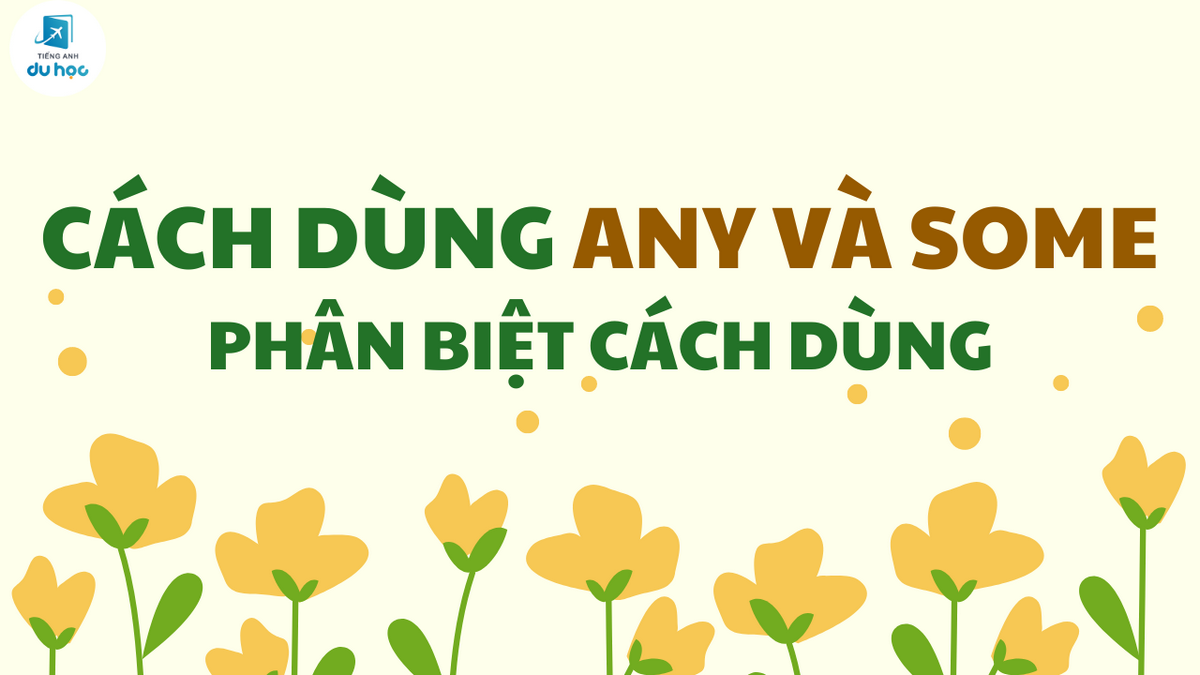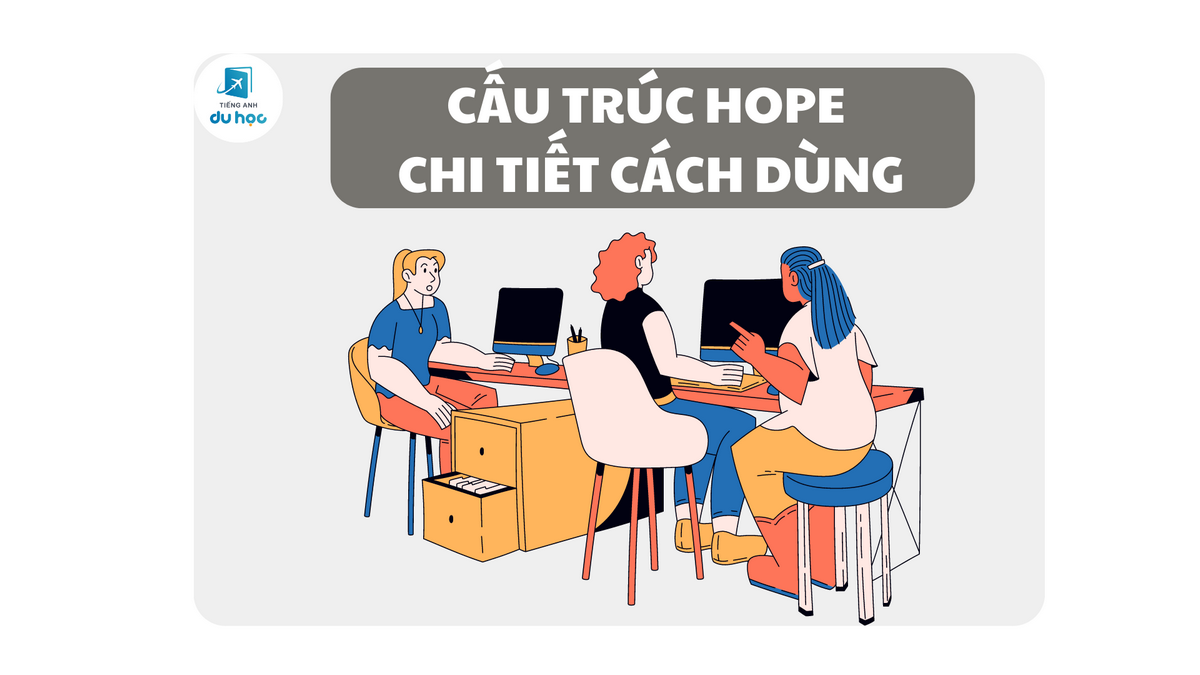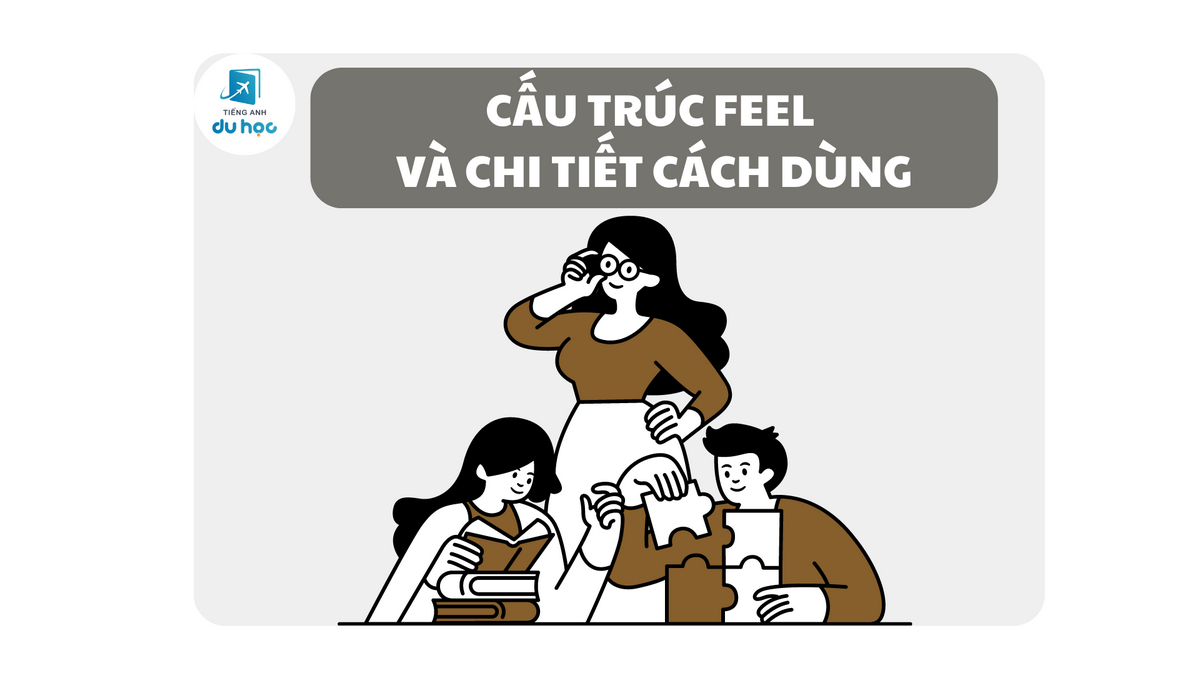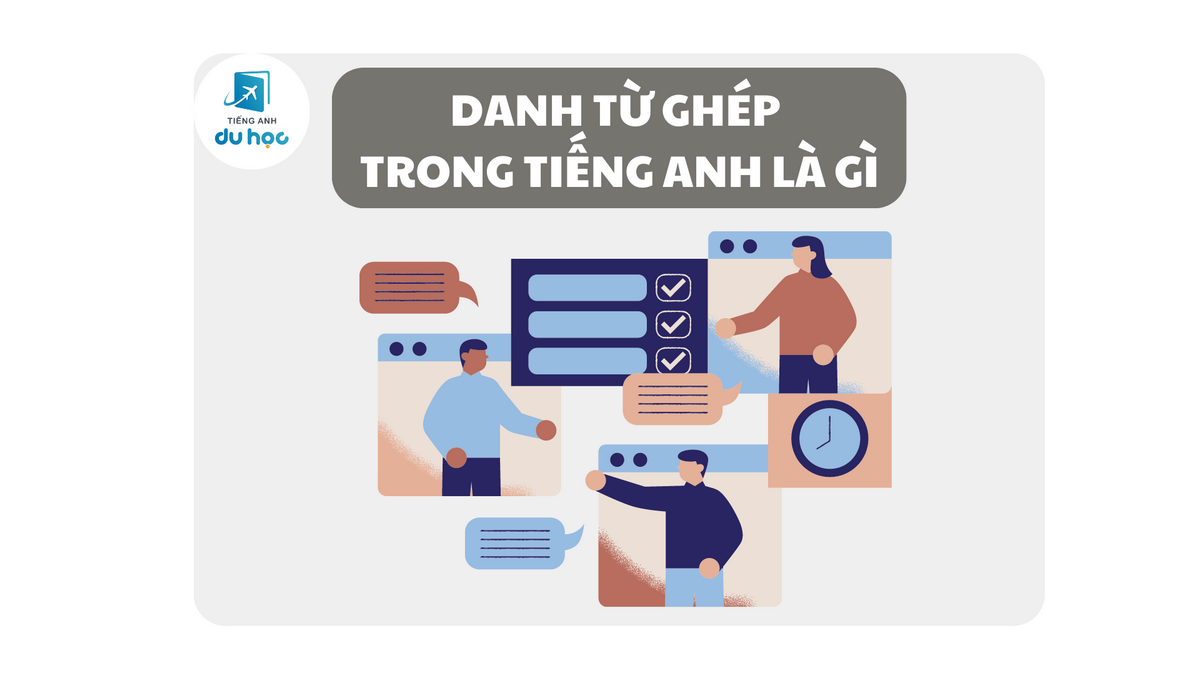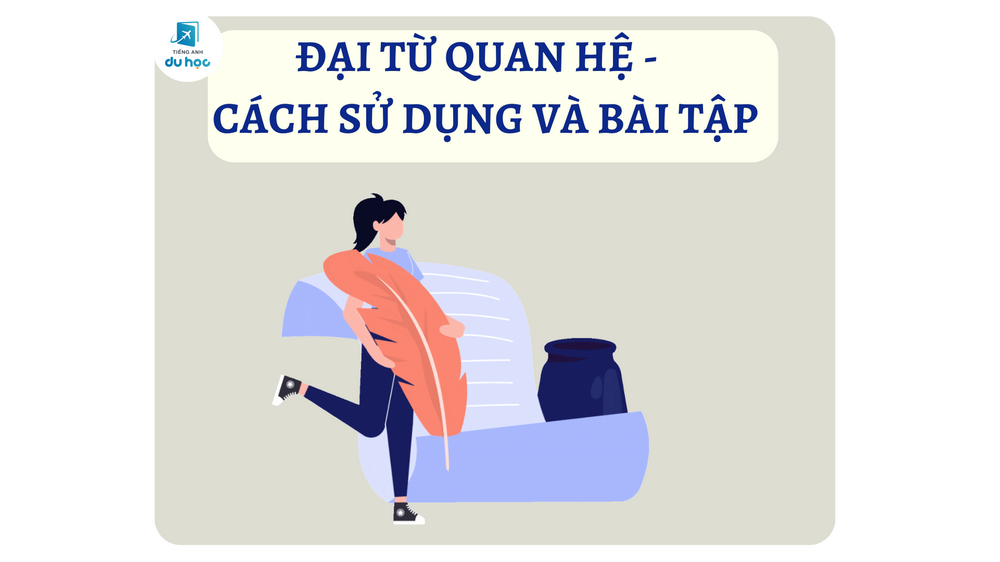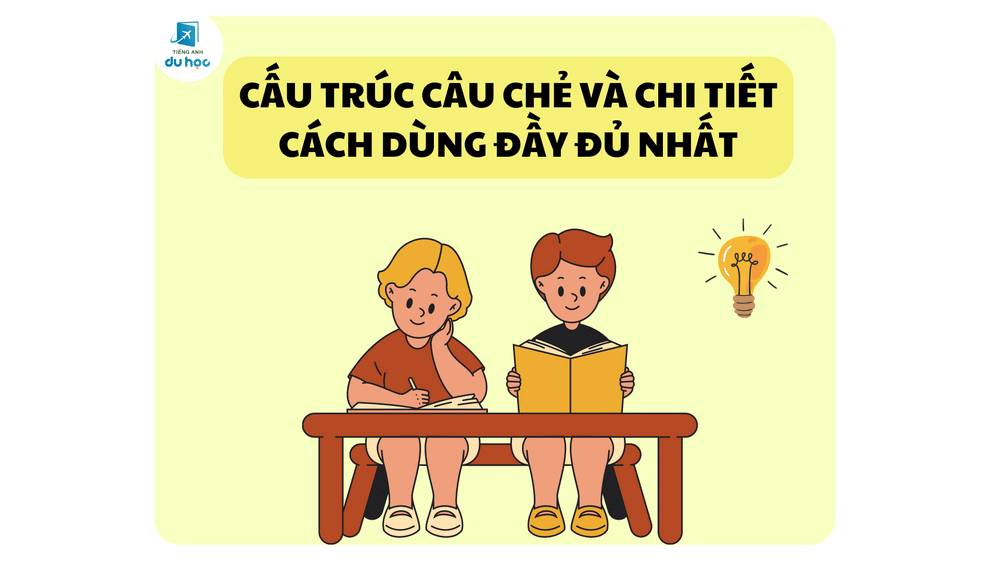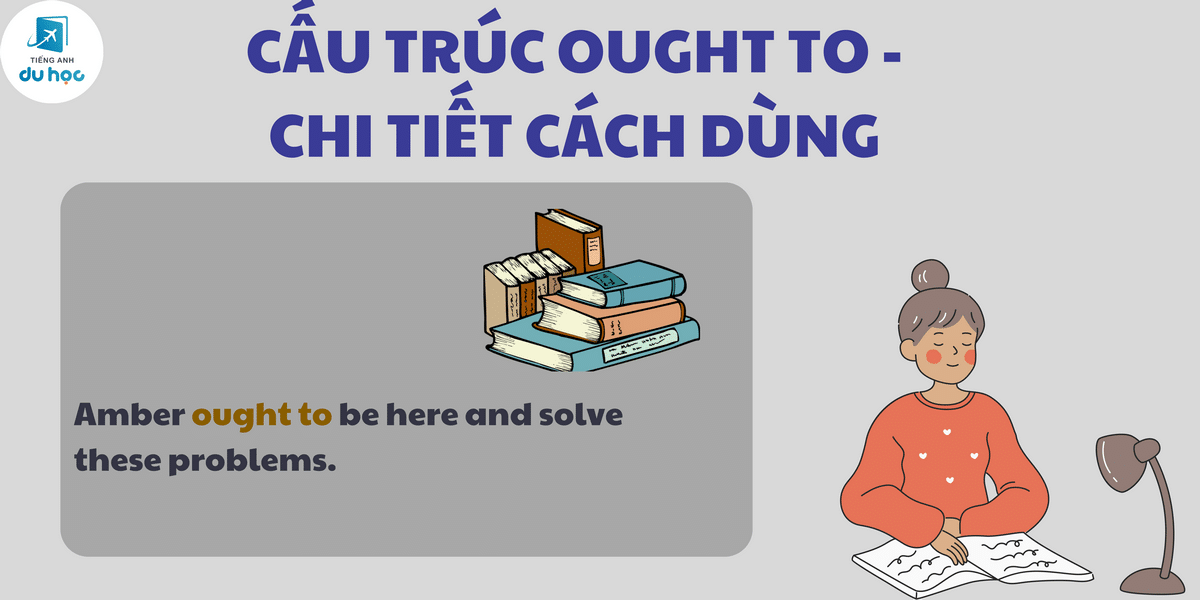Both, Neither, Either đều được dùng khi muốn nói đến 2 thứ gì đó, tuy nhiên, nhiều bạn thường sử dụng sai trong văn nói cũng như văn viết.
Cùng bài viết dưới đây học cách dùng đúng của both, both of, Neither/ neither of, either/ either of để áp dụng vào trong các tình huống giao tiếp tiếng Anh thường ngày…
1. Ý nghĩa của Both, neither, either là gì
- ‘Both’ có nghĩa là cả hai, cái này và cái kia. Chúng ta sử dụng “both” khi muốn nói đến hai thứ đã được đề cập trước đó.
- ‘Neither’ có nghĩa là không cái này cũng không cái kia. Đây là thể phủ định của ‘both’ như đã nói ở trên và thường đi với một động từ số ít ở thể khẳng định
- ‘Either’ có nghĩa là hoặc là cái này hoặc là cái kia. “Either” thường được sử dụng kết hợp với động từ ở dạng số ít khẳng định nhưng chủ yếu là dùng trong câu hỏi và câu phủ định
Xem thêm cách dùng các tình huống sau nhé:
- Cách sử dụng cấu trúc either và neither
- Đại từ chỉ định trong tiếng Anh
- Cách dùng since/For trong tiếng Anh
2. Both/ neither/ either thường được dùng khi muốn nói đến 2 thứ gì đó
Có thể sử dụng những từ này đi kèm với một danh từ như ‘both books’, ‘neither book’, …
Ví dụ bạn đang có ý định ra ngoài ăn và có 2 nhà hàng để lựa chọn. Bạn có thể nói:
- Both restaurants are very good. (không dùng ‘the both restaurants’)
- Neither restaurant is expensive.
- We can go to either restaurant. I don’t mind. (either = one/ the other).
Bạn cũng có thể dùng Both/ Neither/ Either một mình, không có danh từ đi kèm.
Ví dụ:
- I couldn’t decide which of the two shirts to buy. I liked both. (hoặc I liked both of them).
- ‘Is your friend British or American?’. ‘Neither. She’s Australian.’
- ‘Do you want tea or coffee?’ ‘Either. I don’t mind’.
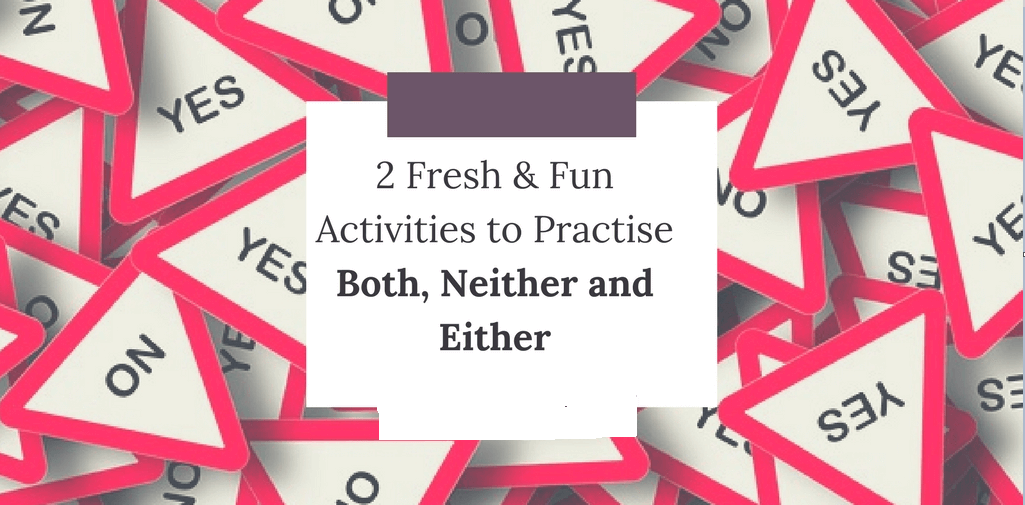
3. Both of … / neither of … / either of …
- Both of / neither of / either of + the/ these / my / Tom’s … + Noun
Có thể nói ‘both of the restaurants’, ‘both of those restaurants’, … nhưng không được dùng ‘both of restaurants’.
Ví dụ:
- Both of these restaurants are very good.
- Neither of these restaurants we went to was (or were) expensive.
- I haven’t been to either of those restaurants. (= I haven’t been to one or the other).
Khi dùng, bạn có thể bỏ ‘of’ sau ‘both’.
Ví dụ: Both my parents are from Egypt = Both of my parents…
Bạn cũng có thể sử dụng both of / neither of / either of + us/ you/ them
Ví dụ:
- Can either of you speak Russian?
- I asked people the way to the station, but neither of them could help me.
Bắt buộc phải dùng ‘both of’ trước us/ you/ them, không dùng ‘both’
Ví dụ: Both of us were very tired. (không dùng Both us were …).
Sau ‘neither of …’ có thể dùng một động từ số ít hoặc số nhiều.
Ví dụ: Neither of the children wants/want to go to bed.
Xem thêm: Câu điều kiện loại 0
3. Both … and … / neither … nor … / Either … or …
- Both … and …: Cấu trúc này tương đương với “not only…but also…” (không những…mà còn…Dấu “…” đó có thể là tính từ (adjective) hoặc danh từ (noun)
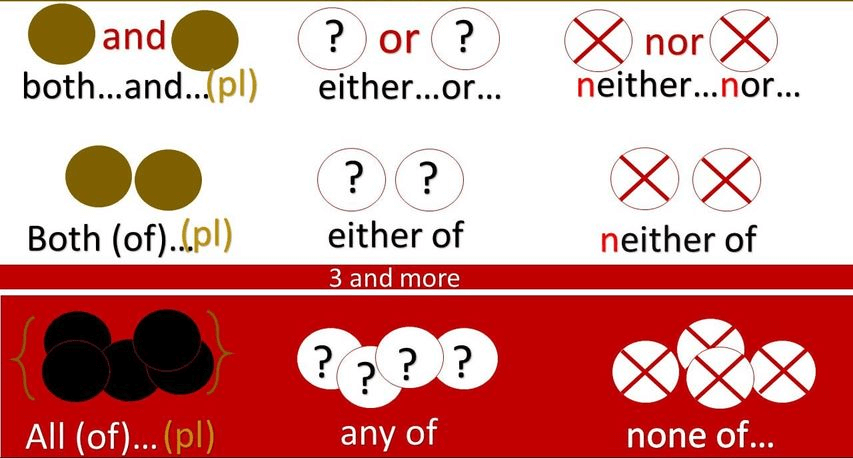
Ví dụ:
Both Chris and Paul were late.
I was both tired and hungry when I arrived home.
- Cấu trúc: BOTH OF + OBJECT PRONOUN:
“Object Pronoun” là đại từ tân ngữ: me, you, her, him, it, them, you, us nhưng dĩ nhiên ở đây ta chỉ sử dụng những đại từ tân ngữ mà chủ ngữ của nó ở số nhiều, nói cách khác đó là các đại từ you, them, us.
Đặc biệt trong cấu trúc này chúng ta không thể lược bỏ “if” được mà bắt buộc phải sử dụng giới từ này sau “both”
Ví dụ: He invited both of us to his wedding (Anh ấy mời cả hai chúng tôi đến dự đám cưới).
Chicken soup and spaghetti are really good. I like both of them (Súp gà và mì Ý thực sự rất ngon. Tôi thích cả hai món.)
Both of you follow me to the principal’s office now (Cả hai cậu theo tôi đến phòng hiệu trưởng ngay bây giờ.)
- Neither … nor …: “Neither…nor” được sử dụng như một từ nối(conjunction) và trái nghĩa của nó là cấu trúc “both…and…”.
Nếu có một động từ theo sau thì động từ đó sẽ ở dạng số ít nhưng đôi khi bạn vẫn nghe người ta sử dụng động từ đó ở dạng số nhiều, mặt dù về mặt ngữ pháp thì nó không đúng.
Ví dụ:
Neither Chris and Paul came to the party.
There was an accident in the street where we live, but we neither saw nor heard anything.
- Either … or …: Cũng giống như đối với cấu trúc “neither…nor…”, “either…or…” cũng được sử dụng như một từ nối (conjunction), nó dùng để diễn tả sự thay thế hoặc sự chọn lựa giữa hai thứ (đôi khi có thể nhiều hơn). Và động từ đi theo phải ở dạng số ít, nhưng đôi khi người ta cũng sử dụng nó ở dạng số nhiều dù không đúng ngữ pháp.
Ví dụ:
I’m not sure where Mary’s from. She’s either Spanish or Italian.
Either you apologize, or I’ll never speak to you again.
4. So sánh either/ neither / both (2 thứ) và any/ none/ all (nhiều hơn 2).
- either / neither / both
Ví dụ:
There are two good hotels in the town. You can stay at either of them.(Có hai khách sạn tốt trong thị trấn. Anh có thể ở cái nào cũng được.)
We tried two hotels. Neither of them had any rooms. / Both of them were full.(Chúng tôi đã tới hai khách sạn. Không cái nào trong hai cái còn phòng cả.) (Cả hai đều đã kín người.)
- any / none / all
Ví dụ:
There are many good hotels in the town. You can stay at any of them. (Có nhiều khách sạn tốt trong thị trấn. Anh có thể ở bất cứ cái nào trong số chúng.)
We tried a lot of hotels. None of them had any rooms. / All of them were full.(Chúng tôi đã đến nhiều khách sạn. Không cái nào trong số chúng còn phòng cả. Tất cả đã kín người.)
Xem thêm:
- Cách đặt câu hỏi với which/ how/ whose/ what trong tiếng Anh
- Các cụm từ và mẫu câu hay dùng trong IELTS Writing
- Các thì trong tiếng Anh
5. Bài tập vận dụng
Bài 1: Complete the sentences with both/neither/either.
- “Do you want tea or coffee?” “Either. I don’t mind.”
- “What day is it today – the 18th or the 19th ?” ” ….. It is the 20th.”
- A: Where did you go for your holidays – Scotland or Ireland.
- B: We went to ….. A week in Scotland and a week in Ireland.
- “Where shall I phone, in the morning or afternoon?” ” ….. I’ll be in all day.”
- “Where is Liz? Is she at work or home?” ” ….. She’s away on holiday.”
Bài 2: Complete the sentences with both/neither/either. Use of where necessary.
- Both my parents are from London.
- To get to the town center, you can go along the footpath by the river or you can go along the road. You can go …. way.
- I tried twice to phone George but …. times he was out.
- …. Tom’s parents are English. His father is Polish and his mother is Italian.
- I saw an accident this morning. One car drove into the break of another. Fortunately …. the driver was injured but …. cars were badly damaged.
- I’ve got two sisters and a brother. My brother is working but …. my sisters are still at school.
Bài 3: Complete the sentences with both/either/neither + of us/them
- I asked two people the way to the station, but neither of them could help me.
- I was invited to two parties last week, but I couldn’t go to…
- There were two windows in the room. It was very warm, so I opened…
- Sarah and I play tennis together regularly, but …. can play very well.
- I tried two bookshops for the book I wanted, but …. had it.
Bài 4: Write sentences with both … and …/neither … nor … /either … or …
- Chris was late. So was Pat. Both Chris and Pat were late.
- He didn’t write and he didn’t phone. He neither wrote nor phoned.
- Joe is on holiday and so is Sam. …………………………………
- Joe hasn’t got a car. Sam hasn’t got one either. …………………………………
- Brian doesn’t watch TV and he doesn’t read the newspaper………………………………….
- It was a boring film. It was long too. The film …………………………
- Is that man’s name Richard? Or is it Robert? It’s one of the two. That man’s name …………………..
- I haven’t got time to go on holiday. And I haven’t got the money. I’ve got………………………..
- We can leave today or we can leave tomorrow – whichever you prefer. We ………………………………
Bài 5: Complete the sentences with either/neither/none/any.
- We tried a lot of hotels but none of them had any rooms.
- I took two books with me on holiday, but I didn’t read …. of them.
- I took five books with me on holiday but I didn’t read …. of them.
- There are a few shops at the end of the street, but …. of them sells newspapers.
- You can phone me on…. time during the evening. I’m always at home.
- I can meet you next Monday or Friday. Would …. of those days be convenient for you.
- John and I couldn’t get into the house because …. of us had a key.
Đáp án bài tập vận dụng
Đáp án Bài 1:
- 2. Neither
- 3. both
- 4. Either
- 5. Neither
Đáp án Bài 2:
- 2. either
- 3. both
- 4. Neither of
- 5. neither driver.both./both the……./both of the cars
- 6. both /both of
Đáp án Bài 3:
- 2. either of them
- 3. both of them
- 4. neither of us
- 5. neither of them
Đáp án Bài 4:
- 3. Both Joe and Sam are on holiday.
- 4. Neither Joe nor Sam has got a car.
- 5. Brian neither watches TV nor reads newspapers.
- 6. The film was both boring and long.
- 7. That man’s name is either Richard or Robert.
- 8. I’ve got neither the time nor the money to go on holiday.
- 9. We can leave either today or tomorrow.
Đáp án Bài 5:
- 2. either
- 3. any
- 4. none
- 5. any
- 6. either
- 7. neither
Để khám phá nhiều cấu trúc và cách dùg mới, hãy bắt đầu hành trình học tiếng Anh của bạn. Việc đầu tiên bạn cần làm là test khả năng tiếng Anh của mình, đừng lo việc này sẽ mất quá nhiều chi phí, vì IELTS Vietop đang cung cấp chương trình thi thử IELTS hoàn toàn miễn phí, giúp bạn kiểm tra đầy đủ cả bốn kỹ năng cần thiết. Đây là cơ hội để bạn đánh giá năng lực trước khi bắt đầu hành trình học tiếng Anh của mình.
Trên đây là phân biệt các cách dùng của ‘both/ both of, neither/ neither of, either/ either of’ cực kỳ hữu ích trong khi giao tiếp tiếng Anh. Chúc các bạn học tốt.



